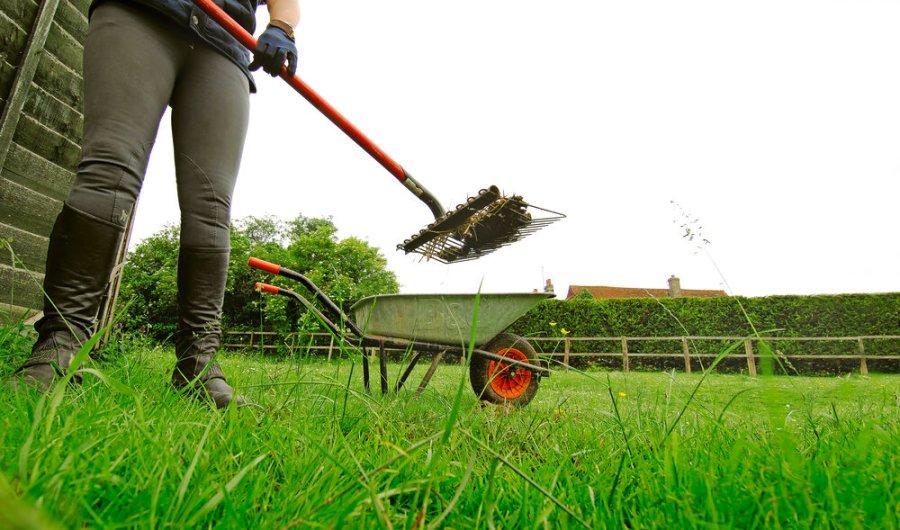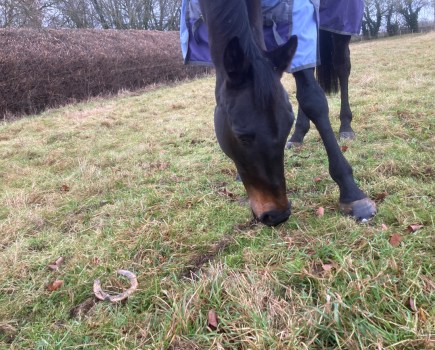Do you know which worms are a threat to your horse and when? Successful horse worming is a three-step journey to keep them in tip-top health and condition. If every horse owner on the planet followed these steps correctly, the ongoing battle against increasing resistance to horse wormers would be won. The golden rule is that targeted worming (ie testing horses first) rather than regular dosing of wormer can help protect your horse and the environment.
Back to that three-step journey, which is:
- Correct care and field management to prevent a worm burden;
- Testing at the right intervals to see whether a horse needs treating for worms rather than blanket use of a wormer;
- Knowing what worm is a threat when during the year.
Types of horse worms
Common parasites found in horses include:
- Roundworms (Ascarids)
- Tapeworms
- Encysted small redworms
- Bots
- Pinworms (Oxyuris)
- Threadworms
- Lungworms
It is important to note, though, that it is not best practise to routinely worm around the year for all the different types of horse worms.
“Over-worming is a major contributor to worm resistance. Because of this, owners should always test for the presence of worms using a faecal worm egg count before worming horses,” warns vet Sue Taylor. “This will help decide whether a horse needs worming as it shows the presence of most egg-laying adult worms, apart from bots, tapeworm and encysted small redworm.”
Sue explains that faecal worm egg counts should be done at least twice during the grazing season, usually between March and September. Once you have the results, you can then decide whether or not to worm.
“Your vet will normally recommend that horses with a high faecal worm egg count, regular elevated counts or those who are more susceptible (such as the very young or old) should be wormed,” explains Sue. “Faecal worm egg counts of above 250 eggs per gram of faeces are classed as high.”
Annual horse worming schedule
According to Sue, the following is a good schedule of testing for horse worms to follow:
Autumn (September – October): Carry out a saliva test for tapeworm. If positive and your vet recommends treatment, target tapeworm with a wormer containing praziquantel or an elevated dose of pyrantel.
Winter (November – February): Target encysted small redworm with a moxidectin product. This will also kill botfly larvae. Alternatively, use an elevated dose of fenbendazole (this will not target any botfly larvae).
Spring (March – April): Test again for tapeworm. Do a faecal worm egg count for roundworm and, if your horse needs treating for roundworm too, use a combination wormer. Speak to your vet for advice.
Summer (May – August): Carry out a faecal worm egg count for roundworm and target treatment if it is necessary with fenbendazole or pyrantel.
The British Horse Society’s ‘Think Before You Worm’ campaign, in collaboration with the British Equine Veterinary Association, was launched at BEVA Congress in September 2022. Its aim is to educate horse owners, carers and yard managers on the importance of following an evidence-based, testing-led, deworming programme that has been developed in partnership with a vet — similar to the one suggested above.
Nine tips for effective worm management
In order to prevent a worm burden, the way you look after your horse and their pasture are key influencing factors. Here are nine top tips for ways to protect your horse against worms:
1 Weigh your horse
If a faecal worm egg count or saliva test confirms you do need to administer horse wormer, then the amount of wormer you give depends on the weight of your horse.
Use a weigh tape or weigh bridge to give an accurate weight of your horse before worming. It is vital you get this right, as under-worming may be ineffective and increases the risk of worms developing a resistance to the drug.
2 Poo-pick fields
Remove droppings from grazing regularly, ideally every day but at least twice a week. This is particularly important in fields that are small and/or have multiple horses grazing them.
3 Avoid over-stocking grazing
Avoid overstocking paddocks with large numbers of horses. Fewer horses in a larger area (ideally allow for around 2 acres per horse) is always better.
4 Rotate pasture
Rotate pasture so it has time to rest and recover without being grazed.
5 Introduce other animals
Share horse grazing with cattle and sheep if you can. This helps reduce worm infestation because the other animals ingest worm larvae, so will act as biological vacuum cleaners. Equine worms don’t develop into adults in sheep and cattle, so they won’t be harmed and it will drastically reduce contamination in your field.
6 Be weather wise
If you are going to chain harrow instead of poo pick, this should be done when the paddocks are dry and hot, because once exposed to the sun, the worms will shrivel up and die. If you do it in wet conditions, they are more likely to survive. Poo-picking is a better idea.
7 Choose the correct wormer
Not all wormers are effective against all types of worms, so if your horse does need worming, ensure the brand of wormer you choose contains the correct active ingredients for the worms you are treating. It’s the chemical group that matters, rather than the brand name of the wormer.
8 Don’t mix age groups
Graze young horses separately from older horses. Young horses are more likely to have the highest parasite burdens and be responsible for the majority of pasture contamination.
9 Check new arrivals
Carry out a faecal worm egg count on any new horses that arrive on your yard, and wait for the results before allowing the new horse to share or use any pasture that current horses also graze.
Signs a horse has worms
The symptoms of a parasite infection in horses can vary depending on the type of worm involved and the number of worms infecting the horse. Many parasite infections will have no symptoms when the parasite burden is low, but a high number of worms can cause symptoms and will seriously affect your horse’s health.
Being on the lookout and treating issues early will hopefully prevent serious health problems developing. Some of the symptoms to keep an eye out for include:
- Unexplained weight loss
- Anaemia
- Dull demeanour
- Poor appetite
- Diarrhoea or constipation
- Colic
- Staring coat (hair appears dull and is standing up)
- Under-par performance
- Patches of hair loss or sore skin
- Parasites in droppings
- Horse rubbing their bottom continually
- Respiratory problems such as nasal discharge and a cough
- Poor growth in foals
If you are concerned that your horse may have a worm burden, or if you have any questions about worming, speak to your vet. Proactive testing for worms and not administering a worming drug until a tests says it is necessary, is the overwhelming advice from vets, scientists and industry experts alike.
“All horses need sustainable parasite control based on worm egg counts and tests to identify parasite burdens before they get to a level to cause illness,” says Claire Shand from Westgate Labs. “This should be done while minimising chemical intervention via wormers to slow the development of wormer resistance.
“Not only is this better for our horses and often cheaper too, but it also benefits the environment. Worming chemicals are poisons and each time we dose our horses, metabolites from these are passed out into the dung and onto our pastures. These leach into the soil and get washed into watercourses, causing harm to microorganisms, insects, fish and aquatic organisms.”









